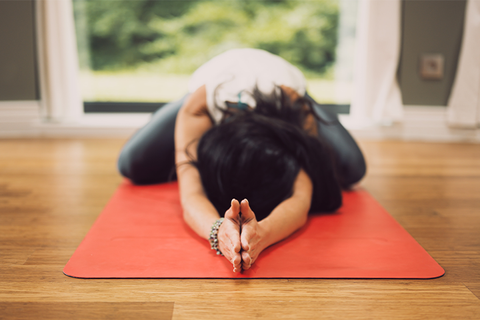What is Vitamin D and why is it so important?
Posted on July 20 2020

We know Vitamin D as the “sunshine vitamin” because our bodies make it when our skin is exposed to UV rays. But less of us understand exactly what this essential vitamin is and how our bodies use it. Only a handful of foods contain significant amounts of this essential vitamin and a lot of us don’t get enough, so it’s important to get clued up on Vitamin D and it’s numerous health benefits.
What is Vitamin D?
Vitamin D is a fat-soluble vitamin that helps your body absorb calcium and phosphorus from your food. When your body gets Vitamin D from sunlight, food, or supplements, it turns into a hormone that plays an important role in your health and wellbeing.
Vitamin D has a few different forms, with Vitamin D2 and D3 being the two most important types for your health. Vitamin D3 is the most biologically active form and is regarded as the most effective because our bodies can better absorb and use it.1
What does Vitamin D do?
All nutrients play a vital role in maintaining your health, vitamin D is especially important as it’s needed for pretty much every single bodily system and function going. Not only is it vital for healthy bones, but vitamin D plays one of the most essential roles in nourishing your body, preventing acute disease and maintaining your immune system.
Vitamin D is well known for supporting bone health, but it also has plenty of other benefits too. It helps keep your teeth strong by ensuring you absorb and store enough calcium in your body, as well as having a positive effect on muscle condition.2 This promotes overall strength and can also help prevent skeletal problems in children and muscle weakness in adults.3
Do you get enough Vitamin D?
Vitamin D deficiency is very common. According to national surveys in the UK, approximately 1 in 5 people have low vitamin D levels.4 However, most people won’t realise that they’re deficient, because symptoms tend to be very subtle, and can often be difficult to pinpoint. However, if you regularly have unexplainable low energy, low mood, frequent muscle aches or cramps it could be worth taking a closer look at your Vitamin D intake.
How can you get Vitamin D?
Vitamin D from sun exposure is the best way to optimize your vitamin D levels, but this is difficult unless you live somewhere with constant sunshine (if only!). However, even spending a lot of time in the sun often isn’t enough. This is because the lotions we use to protect our skin from the damaging effects of the sun also make it difficult for us to absorb vitamin D. In colder months in the UK, we definitely don’t get enough UVB sunlight to make enough vitamin D, and only a handful of foods contain significant amounts of this essential vitamin. As a result of this, taking a supplement will significantly reduce your risk of a deficiency.5
What to remember
Vitamin D deficiency is one of the most common nutrient deficiencies, so keeping an eye on your intake is a good idea to keep your health in check. A quality supplement is a good place to start. Getting enough vitamin D by supplementing your diet will help prevent any problems a deficiency could lead to and will go a long way in boosting your overall health.




